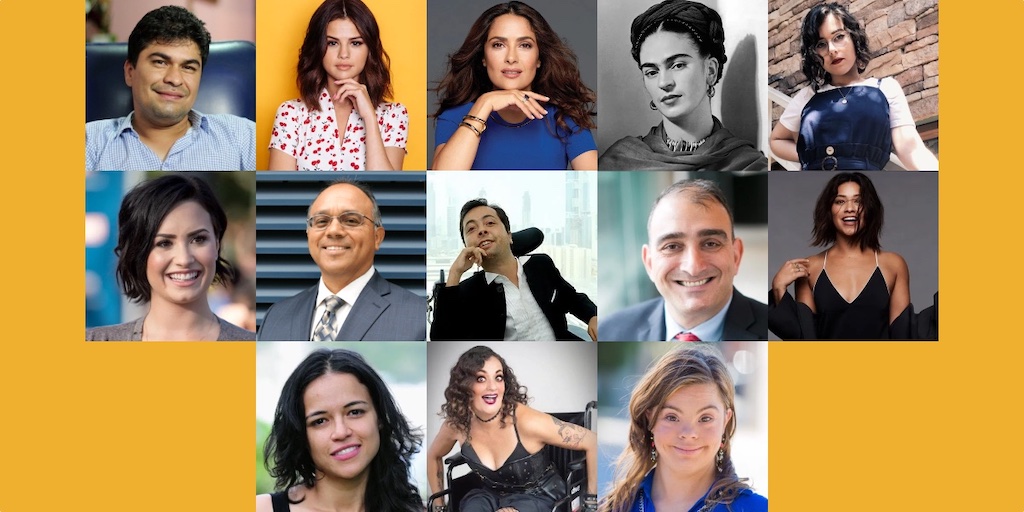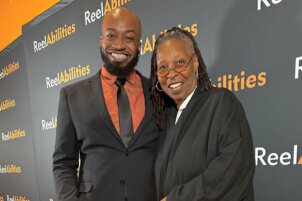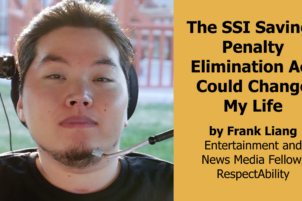Rockville, Maryland, Sept. 25 – The country is celebrating National Hispanic Heritage Month, which began on September 15, 2020 and ends October 15, 2020. National Hispanic Heritage Month recognizes the contributions made and the important presence of Hispanic and Latinx Americans in the United States and celebrates their heritage and culture. It is important to note this includes 5.2 million Latinx people living with a disability in the U.S.
The Disability Statistics Compendium, released by Institute on Disability at the University of New Hampshire, shows that in the economic expansion prior to the COVID-19 pandemic, 39.4 percent of working-age Latinx people with disabilities had jobs, compared to 76 percent of Latinx people without disabilities. In total, out of 2,915,754 working-age Latinx people with disabilities, only 1,149,092 had jobs pre-pandemic.
The COVID-19 pandemic and the resultant economic crisis has deeply harmed and uniquely impacted minority communities across the country. As captured in an NPR report on the disproportionate impact of COVID-19, “like African-Americans, Latinos are over-represented in essential jobs that increase their exposure to the virus.”
This month also marks the start of a school year unlike any other before it. With millions of children learning virtually this fall, it is important to recognize the unique challenges faced by Latinx students with disabilities. In total, our nation’s public schools serve 6.3 million students with disabilities. That number specifically includes 1,716,195 Latinx students with disabilities. The changing demographics of America are reflected in these students. 11.4 percent of students with disabilities nationwide, or almost 720,000 students, also identified as English-language learners. Their accommodation needs are compounded by the fact that many come from households that do not speak English at home, adding an extra challenge for parental interaction. It also can be harder to diagnose disabilities in children when they are English language learners. Additionally, immigration issues and fears over the public charge rule impact students with disabilities, their families and the wider workforce.
While studies show many people within the Latinx and other communities hide their nonvisible disability due to negative stigmas, some celebrities are using their voice to share their stories, educating people about both visible and invisible disabilities. They are defying the statistics and have remained highly successful with their disabilities. Notable examples include actresses Cristina Sanz, Gina Rodriguez, Michelle Rodriguez and Salma Hayek; artist Frida Kahlo; singers Demi Lovato and Selena Gomez; nonprofit founder Jeison Aristizabal. RespectAbility also is proud of the insights, ideas and advocacy brought to our board of directors and advisors by Vincenzo Piscopo of the Coca-Cola Company, Jaime H. Pacheco-Orozco of the City of Los Angeles Department on Disability, and Professor Victor Pineda.
Our nation’s economy is strongest when it is inclusive of the value that diverse talent brings to the workplace. These individuals are making a difference in how audiences, both Latinx/Hispanic and non-Latinx/Hispanic, perceive disabilities. Additionally, companies including Amazon, Starbucks, Coca-Cola, Pepsi, J.P. Morgan Chase, Walmart and others exemplify these values and have specific programs to hire, cultivate and promote people with disabilities. What these businesses have found is that employees with disabilities are loyal, successful and help them make more money.
The celebrities mentioned above are especially important to acknowledge during Hispanic Heritage Month. However, their work should be valued and appreciated year-round. RespectAbility will be highlighting additional Hispanic and Latinx celebrities, as well as those who have made important policy advancements, with disabilities throughout the entire month.
View this page for more information. They are each perfect candidates for RespectAbility’s #RespectTheAbility campaign, which is shining a light on individuals with disabilities who are changing the landscape for employment of people with disabilities.








